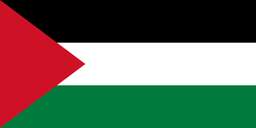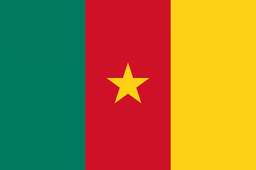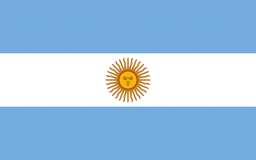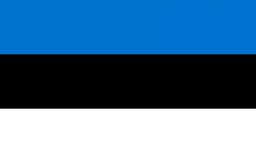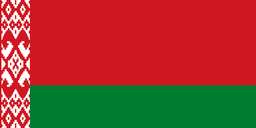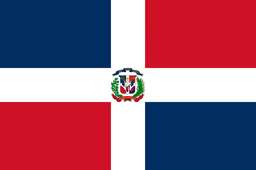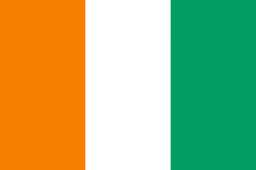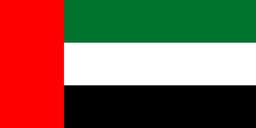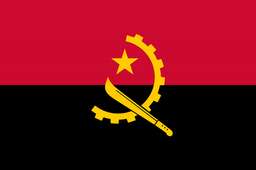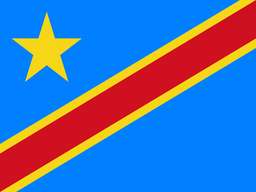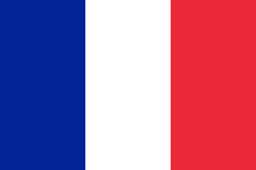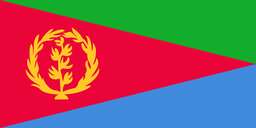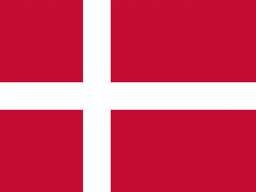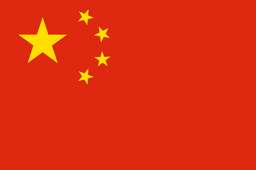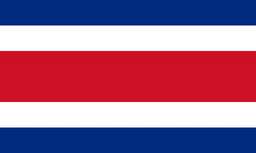West African landlocked is Burkina Faso. Up until 1984, Upper Volta was the name; then it was changed to Burkina Faso. The country claims a rich and varied past spanning millennia.
Pre-colonial Period
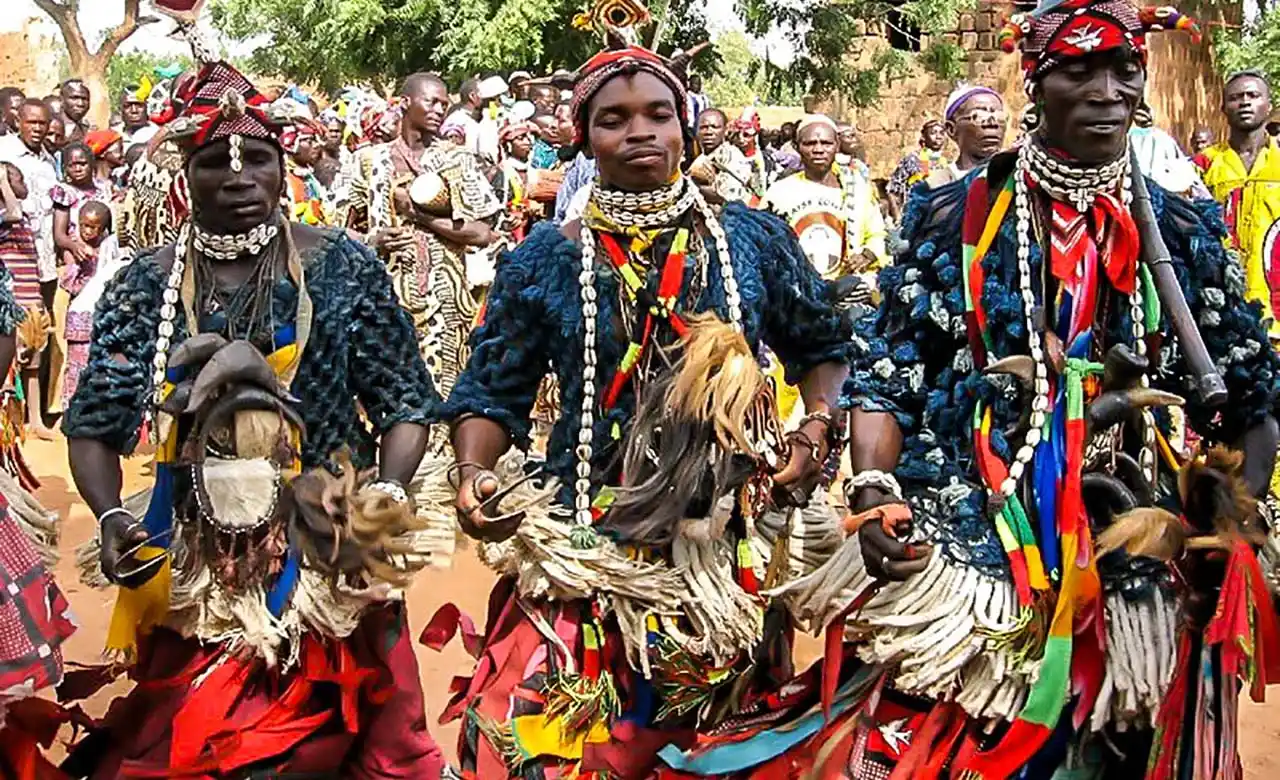
Fulani, Gurma, and Mossi people lived in Burkina Faso before Europeans came. These societies carried unique customs and civilizations. Rising around the eleventh century, the Mossi Kingdoms became among the major forces in the area. Their orderly society and competent fighters were well-known. Small chiefdoms, each run under a king or chief, made up the kingdom.
French Colonization
They were unable to completely seize authority over the area until 1896. France started colonizing Burkina Faso, among other areas of West Africa, in the late 19th century. Upper Volta, now Burkina Faso, was used for agricultural needs and joined French West Africa under French control. The indigenous people endured terrible treatment by their colonists and were compelled to labor on estates.
Etymology of Burkina Faso
In the local vernacular, "Burkina Faso" is "Land of Incorruptible People". President Thomas Sankara decided on it as the new name for the nation in 1984 in an effort to distance it from its colonial background and advance national unity.
Early history
Early freedom for Burkina Faso brought military coups and political unrest. After a coup in 1983, Thomas Sankara came to rule and enacted austere social and economic changes. Sankara's government championed women's rights, education, and self-sufficiency to present his imagined future society. Changing Upper Volta's name to Burkina Faso, he took up the motto "Land of Upright People."
8th to 18th centuries
The Mossi people founded a strong kingdom in the present-day Burkina Faso in the eighth century. Skilled traders and fighters, they stretched their domain by conquest. Rising as a major power in West Africa during the 15th century, the Songhai Empire dominated most of the sub-region, including what is now Burkina Faso. Late in the 18th century, French adventurers began to settle in the region; over time, they finally acquired Upper Volta.
From colony to independence (1890–1958)
France started colonizing Upper Volta in the late 19th century and included it in French West Africa. The nation was exploited for agricultural output, and forced labor was applied against its indigenous population.
Upper Volta (1958–1984)
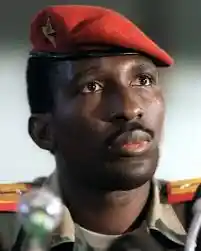
Upper Volta battled political unrest and financial difficulties even after winning its independence. The nation went through multiple military upheavals and leadership transitions. Thomas Sankara came to power in a coup in 1983 and carried out drastic policies meant to turn the nation into a self-sufficient, financially rich one.
Burkina Faso (1984–present)
In 1984, Thomas Sankara changed Upper Volta to Burkina Faso. But his influence was fleeting since he was killed in still another military uprising in 1987. Political and social issues, including terrorism, poverty, and ethnic unrest, have dogged Burkina Faso constantly. Still, the nation keeps moving forward toward development and bettering its citizens' quality of living.
1983 coup d'état
Captain Thomas Sankara led a coup d'état in 1983, therefore taking over Upper Volta. He put drastic policies meant to change the nation and advance social fairness into action. Among the major successes of Sankara's presidency were less corruption, more educational and healthcare access, and better women's rights. Simultaneously attacking his government for implementing dictatorial policies was
Burkina Faso, formerly 1984
Blaise Compaoré came to rule Burkina Faso following Sankara's murder in 1987. He led for 27 years until a mass uprising forced him down in 2014. Ethnic conflict, poverty, and terrorist strikes are among the continuous political and socioeconomic issues Burkina Faso has faced. Still, the nation keeps moving toward stability and growth.
Compaoré presidency
Over his 27-year rule, Blaise Compaoré carried out economic reforms and maintained close ties to the former colonial power, France. Concurrent charges against his government were corruption and infringement of human rights. Rising demonstrations against Compaoré's constitutional amendment campaign in 2014 resulted in his exile and resignation. In Burkina Faso's past, this signaled a dramatic transformation.
Kafando presidency
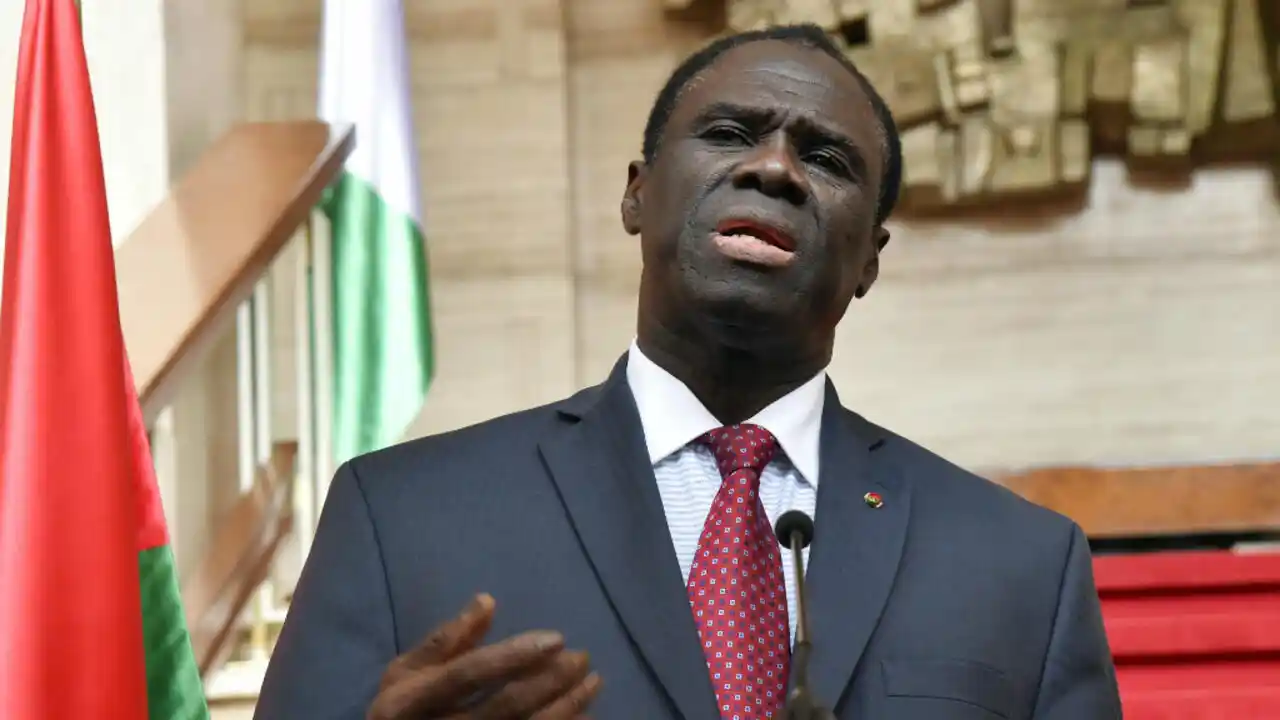
Lieutenant Colonel Isaac Zida replaced Compaoré as temporary president. Later, though, he was succeeded by Michel Kafando, a former diplomat guiding his nation toward democratic elections. Kafando supervised a good shift to civilian control and started initiatives to solve national issues, including poverty and terrorism, throughout his short term.
2015 coup d'état
Just before the planned elections in September 2015, presidential guard members launched a coup against the transitional administration. Widespread citizen demonstrations and international pressure, however, finally resulted in their capitulation and return to civilian control. This failed coup brought attention to Burkina Faso's continuous political unrest and the necessity of ongoing work toward democracy's strengthening and peace promotion.
Kaboré presidency and Jihadist insurgency (2015–2023)
Roch Marc Christian Kaboré was voted as the first civilian president of the nation in 2015 upon independence. Still, ongoing Islamist attacks and violence in the country have damaged his government. Extremists that have surfaced in Burkina Faso have ties to regional unrest and conflict in Mali and Niger among other countries. Apart from helping social progress and economic development, the administration keeps trying to tackle security concerns.
Geography and Culture
Surrounded by six other countries— Mali, Niger, Ghana, and so on—Landlocked in West Africa, Burkina Faso is The country has a diversified terrain from plains and savannas to forests and mountains. Rich in customs and cultural legacy, Burkina Faso people are. For many Burkinabé people, daily life revolves around traditional music and dance, as well as various festivities of many facets of their culture all year long.
Climate
Burkina Faso presents a usually tropical temperature with two different seasons: a wet from May to October and a dry from November to April. Temps vary widely over the country; the north gets hotter, drier temps, while the south enjoys more moderate ones.
Natural Resources
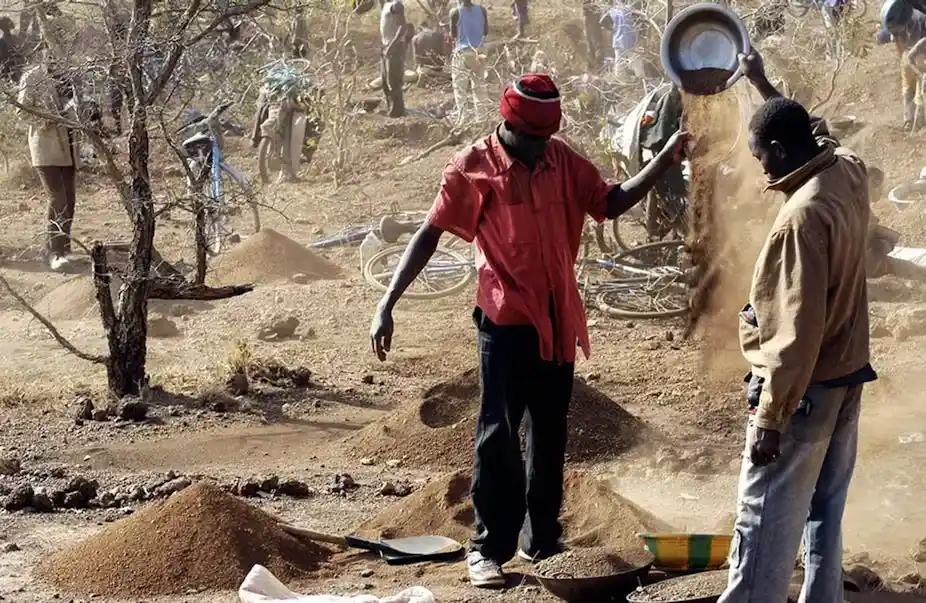
Burkina Faso's principal cash crop is cotton; agriculture drives most of its economy. Key minerals are manganese, zinc, and gold. Furthermore very promising for renewable energy sources like solar and wind power is this country. However, constant investment in this sector is necessary to properly make use of these resources.
Government and politics
Under this semi-presidential form of governance, the president of the Republic of Burkina Faso oversees the government while the prime minister runs it. Although the country is run under a multi-party system, opposition parties suffered persecution and limitations all during the Compaoré government. Since the 2014 revolution, Burkina Faso has moved to advance democracy by implementing constitutional amendments limiting presidential terms, therefore increasing political gender equality.
Constitution
Adopted in 1991 following public demonstrations against Compaoré's autocratic administration, Burkina Faso's present constitution guarantees its people basic liberties and rights and addresses the national government.
Foreign relations
Friendly relations between Burkina Faso and France, the African Union, the Economic Community of West African States (ECOWAS), and other global partners abound. The country also provides troops for UN operations all around the world and aggressively supports regional peacekeeping projects. By means of ongoing collaboration and alliances, Burkina Faso keeps aiming for peace, wealth, and human rights both inside its own borders and outside.
Military
Under the support of foreign partners such as France and the United States, the Burkina Faso Armed Forces handle security and defense for their country. However, funding restrictions and continuous strife inside the nation have presented major difficulties for the military in recent years. The military forces are being modernized and strengthened under efforts including more training and equipment purchases to better tackle dangers, including terrorism.
Infrastructure
Particularly in rural areas, Burkina Faso still shows poor infrastructure. Although the nation has advanced in terms of energy availability and transportation system improvement, corruption and inadequate funding continue to impede growth. Crucially for promoting social development and economic prosperity, investments in and enhancement of the infrastructure of the nation are underway.
Education
With high dropout rates and poor enrollment at both elementary and secondary levels, Burkina Faso's educational accessibility still presents a difficulty. By means of programs including free primary education and more qualified instructors, efforts are being made to enhance access and quality of education.
Healthcare
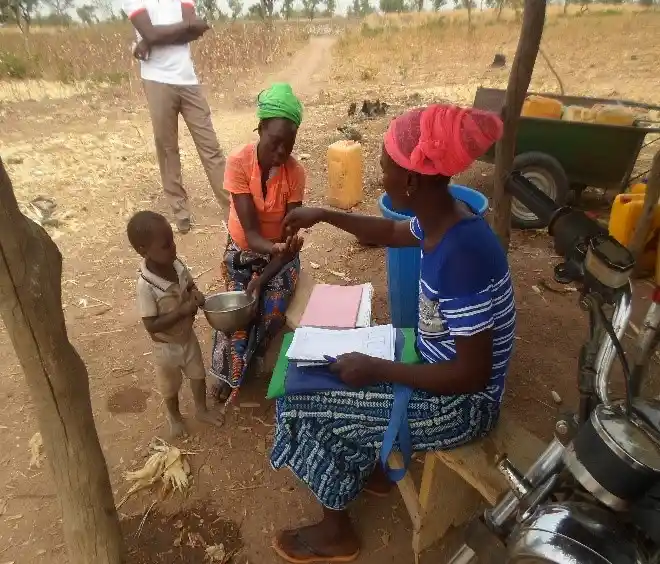
Like many growing nations, Burkina Faso struggles greatly to provide its people with sufficient healthcare. Particularly in rural regions, the nation has a high mother and child mortality rate and restricted access to basic healthcare facilities. By means of programs including higher funding and medical staff training, efforts are being made to enhance the healthcare system.
Science and technology
Especially in the domains of information and communication technology (ICT), Burkina Faso has generated amazing technical and scientific inventions. Still, obstacles including inadequate infrastructure and financing slow down more progress. By means of research centers and enhanced access to ICT resources, efforts are being undertaken to stimulate creativity and technological advancement.
Languages
French is Burkina Faso's official language, drawn from its colonial background. The nation has more than 60 different languages, though, and Moore is the most often used indigenous language there is. Through cultural events and education, initiatives aiming at preserving these languages are being undertaken.
Culture
The several ethnic groups that define Burkina Faso help to create a rich and varied culture. Daily living and celebrations benefit much from the traditional music, dancing, and artwork. To highlight its rich cultural past, Burkina Faso often stages several international events commemorating indigenous music and film.
Religion
Religion is a fundamental part of Burkina Faso; Islam is the most commonly used religion among Christianity and other African religions. Usually, the country encourages and applies religious tolerance.
Food
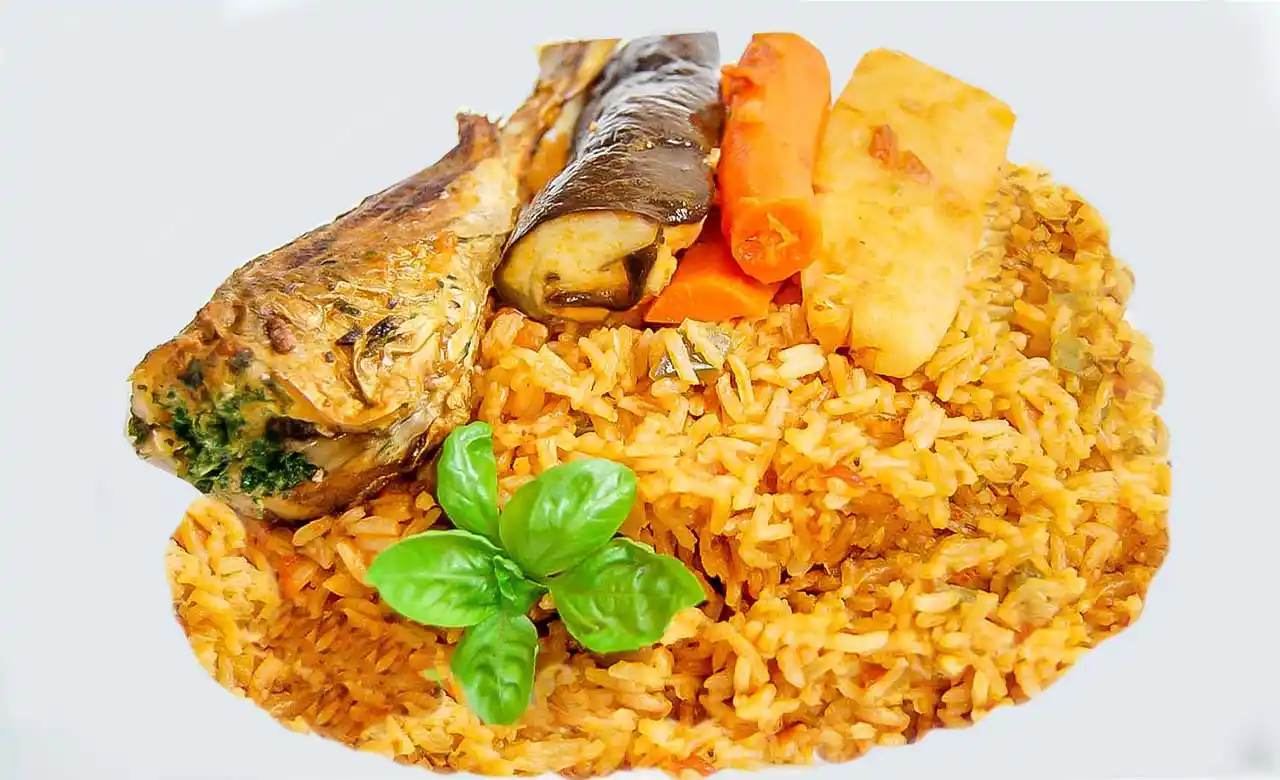
Apart from vegetables, meats, and sauces produced from peanuts or tomatoes, Burkina Faso's diet mostly consists of cereals such as millet and sorghum. Like other stews, tô is a sort of porridge among the most often consumed dishes. The country also features a rich street food scene with moderately priced, mouthwatering cuisine available from roadside vendors.
Cinema
Burkina Faso claims one of the biggest cinema events in Africa with the Panafasant Cinema and Television Festival of Ouagadougou (FESPACO). Comprising films from all throughout the continent, the festival has been really helpful in showcasing African cinema to those abroad.
Sports
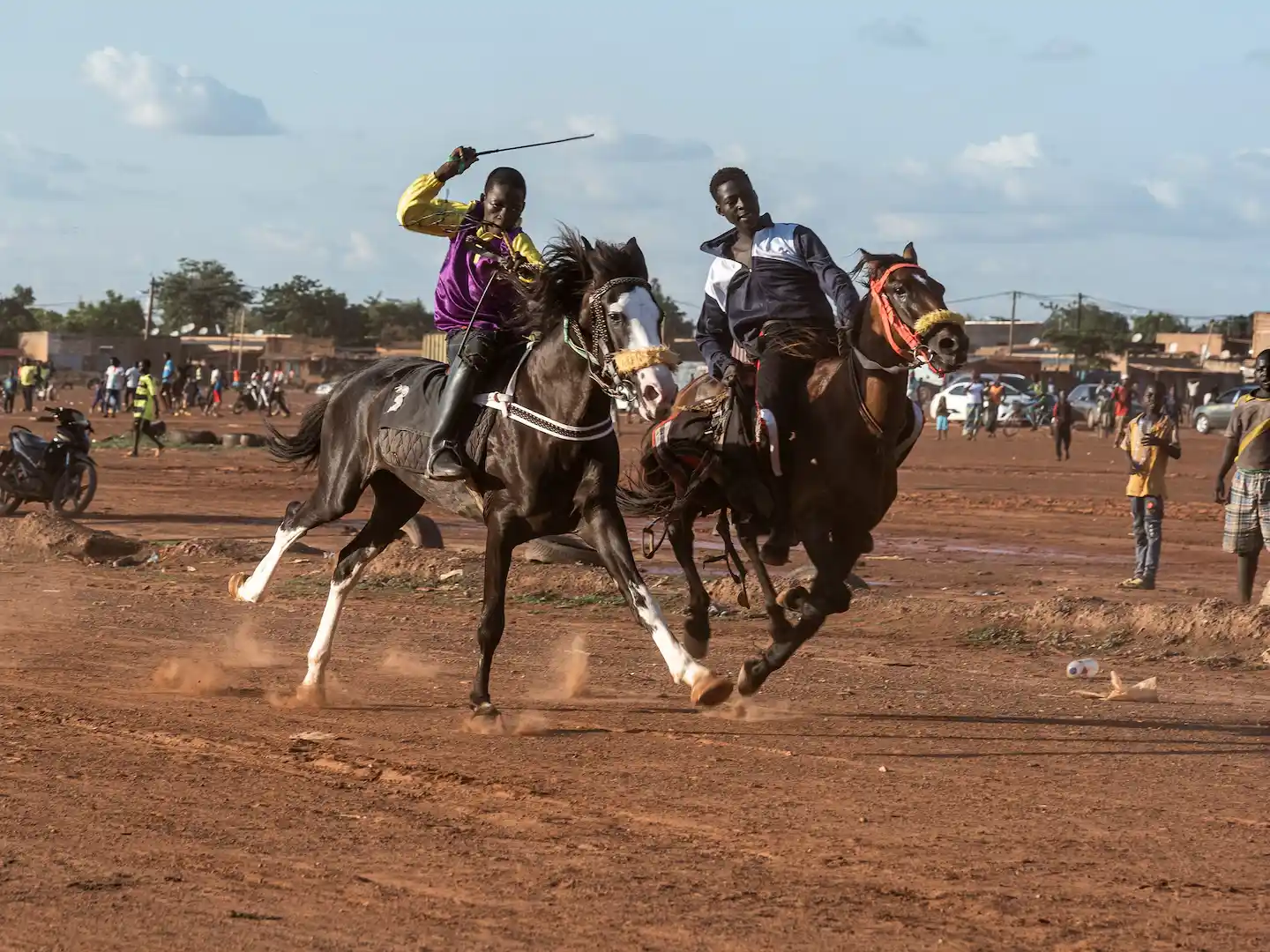
The sport most often played in Burkina Faso is football (soccer; the national team performs really well in international events). Among other popular sports are basketball, athletics, and conventional wrestling. By use of new athletic facilities and athlete training programs, efforts are being made to grow and advance sports in the nation.




